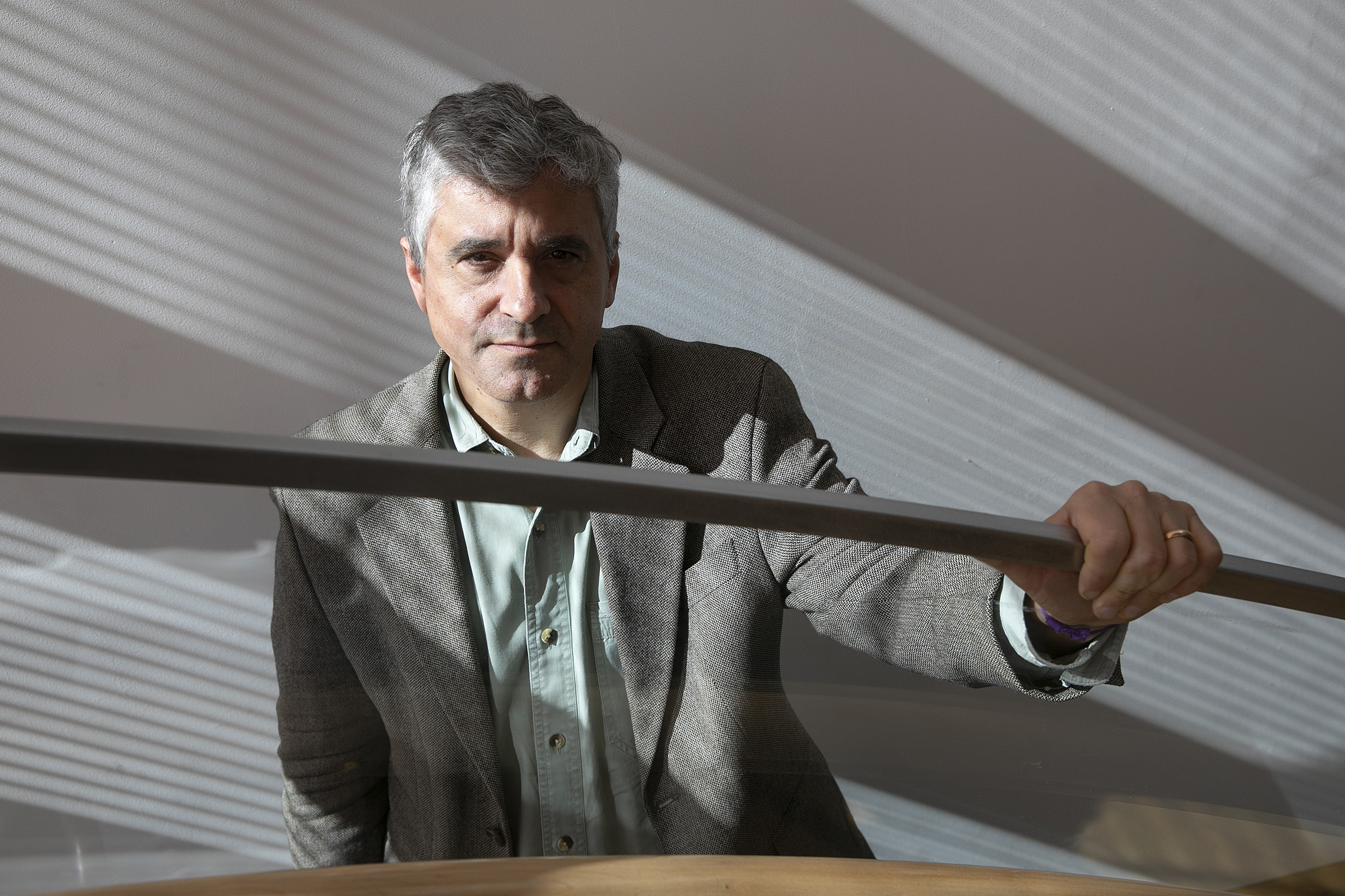
Steven Levitsky is the co-author of “How Democracies Die.”
Jon Chase/Harvard Staff Photographer
Advice to students: Do something meaningful with your life
Take some time, look around, and work at something that makes you happy, Steven Levitsky counsels
This is part of a series called Focal Point, in which we ask a range of Harvard faculty members to answer the same question.
Focal Point
Steven Levitsky
Question: If you were to write a letter to your students, what would you want them to know?
Stop worrying so much about your professional future. When you graduate, nobody on earth will be better positioned on the job market than you. No one will be more likely to succeed. No matter your professional path — business, government, law, medicine, science, nonprofit work, teaching, the arts, or whatever — you will earn more than enough money, security, and prestige. You will rise to the top tier of your field. You will have power, professional autonomy, and the respect of your friends and peers. And although I cannot guarantee you billionaire status, I can say with confidence that when you are my age, you will have at the very least a solid foothold in the upper-middle class, with a nice house and the means to send your kids to private universities.
Given this near-certainty of success, I urge you to consider three things. First, explore widely while you are in School. Try a range of different courses. It doesn’t matter if you do not see a clear connection between your courses and some professional career. You’ll get your professional training later. What you get from College is something different. You are here to learn how to learn. You are here to learn how to think — and think critically. To argue and persuade. And to write. These are the skills that will take you to the top of your profession. And you can develop them in almost any major or concentration. In fact, you will develop them faster and further if you study what interests you. So take the time and find what interests you. Don’t try to figure it all out in time for first-year internship applications.
“Finding happiness may require stepping off a carefully charted course — one that has brought you great success. That may feel risky. But the risks are lower than you think. And the benefits are enormous.”
Second, do not begin the rest of your life immediately after graduation. Resist the temptation to jump right into a professional career. Take time off. Try a few things out. Allow yourself some perspective. And crucially, allow yourself the time to grow. Most of us do not know ourselves well — who we are, what we want, what we are good at — until we are in our mid-20s. If you know who you are at 19, you are the rare exception. (Goodness knows, I didn’t.) It doesn’t matter much what you do after graduation, as long as you take some time and follow a path (or two) that is new and different. That may sound crazy now, but when you look back in 30 years, you’ll be glad you did.
Third, when you do choose a profession, choose one that is meaningful to you — one that can make you happy. If you are going to be successful (almost) no matter what, then why shouldn’t you do something you love?
Harvard students are the most talented individuals I have ever encountered. Not a day goes by in which I am not struck by your talent, your achievements, and your maturity. But there is one thing, I fear, that too many of you have not learned: how to make yourselves happy. Finding happiness may require stepping off a carefully charted course — one that has brought you great success. That may feel risky. But the risks are lower than you think. And the benefits are enormous.
— Steven Levitsky
David Rockefeller Professor of Latin American Studies







